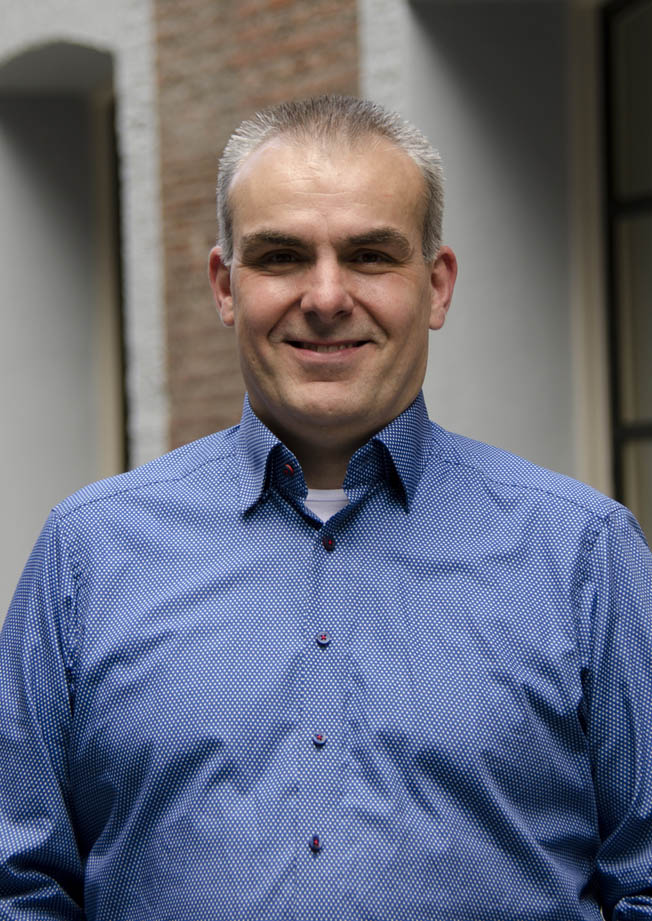
Testing to me is never a dull job. Interview with Huib Schoots. Part II
If you missed the first part of the interview, find it here.
a1qa: How social sciences can help testers from your viewpoint?

Huib Schoots: Many people see IT as a technical craft or as exact or physical science. Computers work with bits and bytes and the products we create are perceived as technical products, to a certain degree that is true of course. But there is much more to it: software is created by humans for humans as a solution for a problem our clients have. The problem the software solves can be anything: making work easier and faster, operate machines or to sell products via the Internet to name a few. Creating software is often mistaken for factory work like building cars in a factory. Software development is research and development and every project has it unique context, solves a unique problem and the team consists of unique people creating unique team dynamics every time.
People perceive that computers always do exactly the same. This gets reflected in the way they think about testing: a bunch of repeatable steps to see if the requirements are met, but is that really what testing is all about? I like to link testing to social sciences as well. Testing is not only about technical computer stuff; it is also about human aspects and social interaction.
The seven basic principles of the Context-Driven School tell us that people, working together, are the most important part of any project’s context. That good software testing is a challenging intellectual process. And that only through judgement and skill, exercised cooperatively throughout the entire project, are we able to do the right things at the right times to effectively test our products. In these principles there is a lot of non-technical stuff that has a major influence in my work as a tester: anthropology teaches us about how people life, interact, something about culture. It also teaches us about qualitative research, something that is very useful for testers to learn about. Didactic helps us to learn and to teach: acquiring new knowledge, behaviours, skills, values, or preferences. Sociology teaches us empirical investigation and critical analysis and gives insight in human social activity. Psychology is the study of the mind and behaviour and helps testers understand individuals and groups. Insight in how our brain – the most important testing tool – works is essential to overcome all kinds of biases.
More about this can be found in a series of blog posts I wrote.
a1qa: Involving newbies in testing is almost an art. How do it successfully and not turn testing into a dull job?
Huib Schoots: Interesting question. It sounds to me that this is perceived as very difficult. There are several aspects to this: recruiting people who want to become testers, teaching them to do excellent testing and making your job exciting.
Advocating for testing, enthusing people and teaching testing is something I take pride in. I am very passionate and put a lot of energy in teaching people testing. That is why I speak at conferences, work as a consultant, teacher and coach. This is also why I offer free Skype coaching.
Testing to me is never a dull job. It is playing to learn, exploring new stuff, crime scene investigation, solving puzzles, work with many different people and help people create beautiful solutions to complex problems. Maybe I need to explain what I think testing is. Testing is evaluating a product by learning about it through exploration and experimentation. Testers light the way by collecting information to inform decisions by people who make the product or decide about the product. As a tester people pay me to learn, how cool is that? Michael Bolton recently tweeted an interesting series of what testing can be. He collected his tweets in a must read blog post.
Traditionally testers take a three-day class where they learn “the basics” of testing. These classes are not preparing new testers to do proper testing. Let alone that they encourage them to become excellent their profession. For example: in these three-day courses, all exercises are done on paper without actually testing a single piece of software. This makes me wonder if there are classes where developers are trained without actually coding. These courses focus on dull processes and artifacts instead of the more exciting and fun part of our craft. I recently started using books by Keri Smith to teach software testing. In her captivating guided journals, readers are encouraged to explore their world as both artists and scientists by observing, collecting, documenting, analyzing, and comparing. “How to be an explorer of the world” is a must read!
I believe that the stuff in those traditional classes is way too easy and can be learned by reading a book. Oh and please don’t give me the common language argument. It doesn’t help and is dangerous. Read what Michael Bolton says about it here and here. Real testing skills cannot be learned by reading books. And I talk about skills like: modeling, creating experiments, reporting, storytelling, critical thinking, context analysis and many more.
Huib thank you for the interview and interesting ideas you`ve shared. We hope to talk to again and cover a few more interesting topics.







